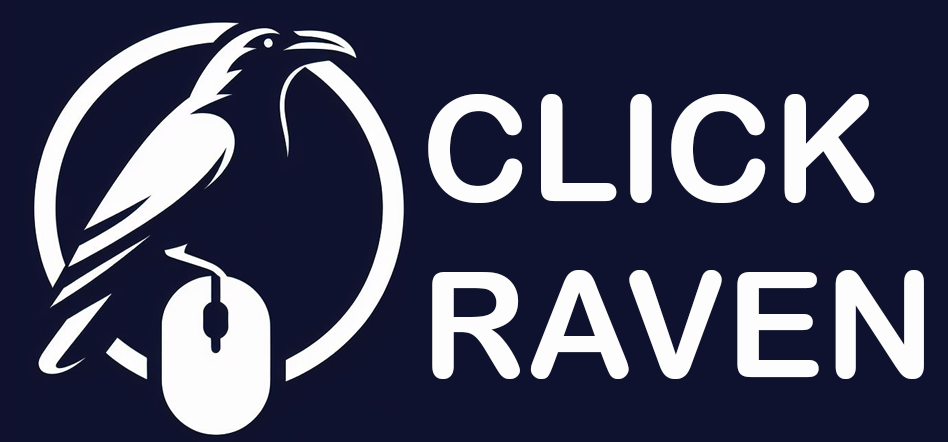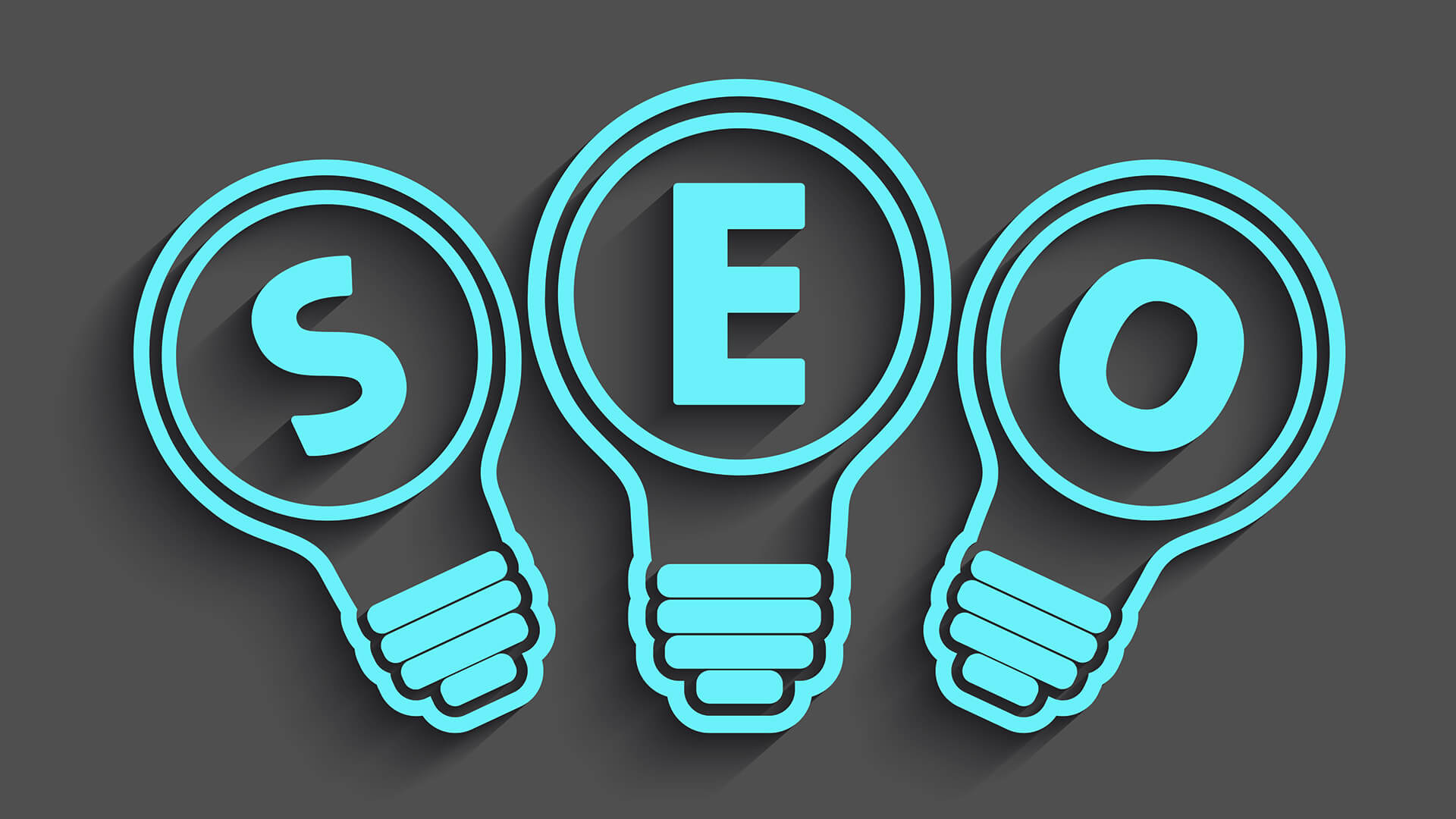Let’s say you just launched your website. It looks great, it has all your services, maybe even a blog post or two. Now what?
How do people find you on Google?
This is where SEO comes in.
In this guide, I’ll explain what SEO really means, how it works, and how to start using it—in plain, non-technical language. Whether you’re a small business owner, startup founder, or total beginner, this is for you.
What Is SEO?
SEO stands for Search Engine Optimization.
It simply means making changes to your website and content so that search engines like Google can:
- Find your pages
- Understand what your pages are about
- Decide to show them to people searching for something relevant
In other words: SEO helps your website show up when people search for things on Google.
If you sell handmade soap, and someone types “natural lavender soap for sensitive skin” into Google—you want your page to show up, right?
That’s SEO.
How Does SEO Work?
To understand SEO, you have to know what happens behind the scenes when someone types something into Google.
Here’s a simple version of what Google does:
- Crawls your site (like a robot scanning all your pages)
- Indexes your pages (stores them in its giant library)
- Ranks them (decides which page should show up first for each search)
To help Google do this well, your site needs to be clear, helpful, trustworthy, and easy to navigate.
Let’s break it down further.
Key Concepts to Understand
1. SERPs (Search Engine Results Pages)
The SERP is what you see after typing a question or phrase into Google.
It includes:
- Organic results (these are the ones SEO helps with)
- Ads (people pay to show up here)
- Featured snippets, AI overviews, people also ask, and more
Your goal in SEO is to appear in the organic results—ideally near the top, because most people don’t scroll far.
2. Keywords
Keywords are the words or phrases people type into Google.
For example:
- “how to bake banana bread”
- “best hiking shoes for beginners”
- “accounting software for freelancers”
To rank on Google, your content needs to match the intent behind those keywords. That means:
- If someone wants a guide, give them a full tutorial
- If they want to compare products, create a comparison
- If they want to buy, show them pricing and features
Keyword research is the process of figuring out what people search for, how often, and how hard it is to rank.
3. Links (Backlinks and Internal Links)
Backlinks are when other websites link to your site. Think of it like a vote of confidence.
- The more high-quality backlinks you have, the more Google trusts your content.
- That trust helps your pages rank higher.
Internal links are when you link from one page on your site to another.
- This helps users navigate your site
- It helps Google understand how your pages relate to each other
4. Crawling and Indexing
Google uses bots (called spiders or crawlers) to scan the web.
- Crawling is when the bot visits your site and checks out your pages.
- Indexing is when Google stores that information and decides whether your page should be shown in search.
If your site has broken pages, weird code, or missing information, Google might skip it or not understand it well.
That’s why technical SEO—making sure your site loads fast, works on phones, and is structured clearly—is so important.
What SEO Looks Like in Practice
Here’s an example:
Let’s say you run a local dog grooming business in Seattle.
You create a page titled “Professional Dog Grooming Services in Seattle.”
You include:
- A clear description of your services
- Prices
- Photos
- Customer reviews
- Your location and hours
You also:
- Add this page to your website’s menu
- Submit your site to Google using Search Console
- Ask a local pet blogger to mention your service (earning a backlink)
Now when someone nearby searches “dog grooming near me” or “pet grooming Seattle,” Google might show your page—especially if your competitors aren’t doing SEO.
That’s the power of SEO.
Why SEO Matters
- It brings free traffic to your website
- It compounds over time: the longer you invest, the more results you get
- It builds trust and authority with your audience
- It helps you get discovered by people actively searching for what you offer
You don’t need to be an expert to get started.
You just need to:
- Create helpful content
- Make your site easy to use
- Learn a little at a time
- Keep showing up
SEO is like planting seeds. It takes time, but once things start growing, the results keep coming.
What’s Next?
Now that you understand what SEO is, you might want to:
- Learn how long SEO takes to work → [Read our SEO Timeline Guide]
- Discover what search intent is → [What Is Search Intent and Why It Matters?]
- Fix common tech issues on your site → [Beginner’s Guide to Technical SEO]
Let’s take it one step at a time. You’ve already started.
Welcome to SEO.

